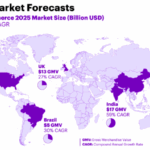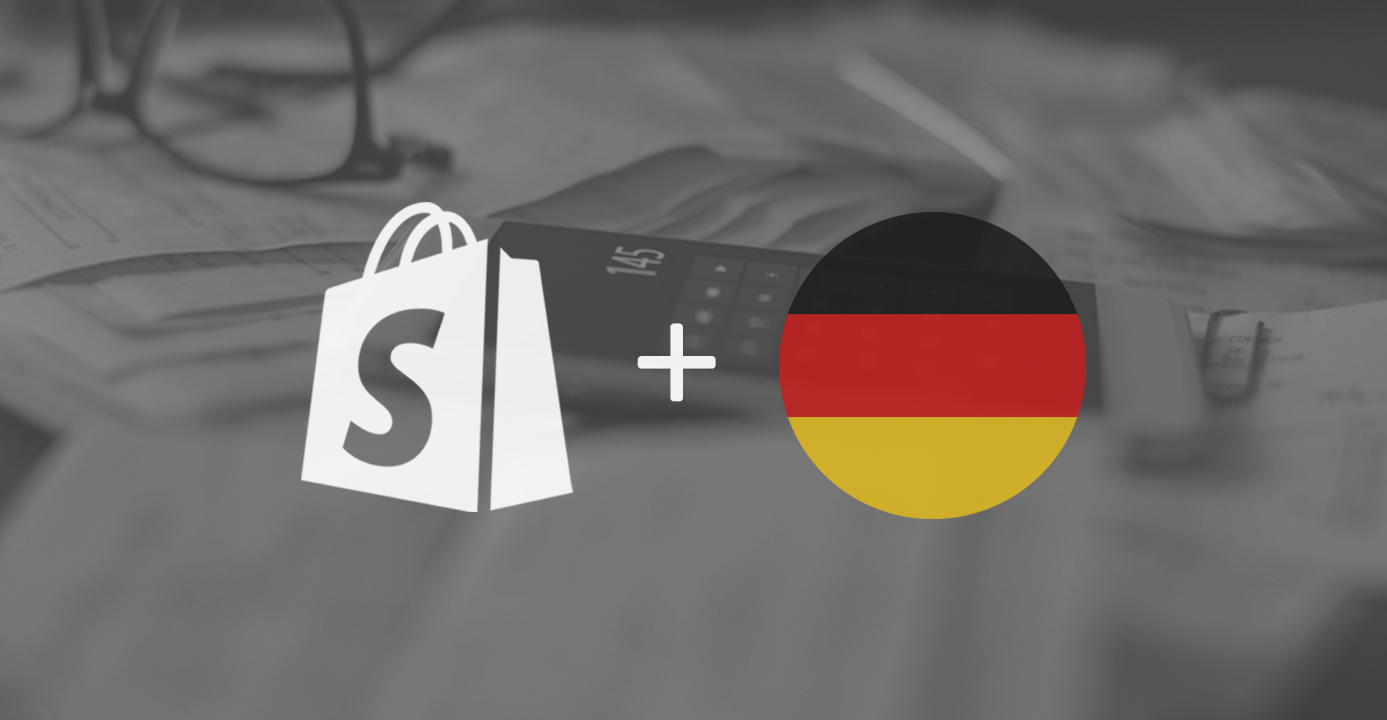Ecommerce in Europe continues to evolve, with online marketplaces and software platforms playing key roles in shaping how businesses operate and grow. Recent data shows that marketplaces generate a substantial 69% of European cross-border sales, while in Germany, Shopify has emerged as the most popular ecommerce software, particularly among small and medium-sized businesses (SMEs). These trends reflect the increasing importance of efficient platforms and technologies in the rapidly growing ecommerce landscape.
Marketplaces Dominate European Cross-Border Sales
According to the latest reports, the European cross-border ecommerce market saw sales reach 326 billion euros during the 2023/2024 financial year. A dominant 69%, or 225 billion euros, of this total came from online marketplaces. This indicates the essential role that marketplaces like Amazon, eBay, and others play in facilitating international sales for businesses and offering consumers easy access to a wide range of products from different countries.
The “Top 100 Cross-Border Marketplaces Europe” report, released by Cross-Border Commerce Europe, sheds light on how significant these marketplaces have become in the ecommerce ecosystem. The top 10 marketplaces alone accounted for more than half of the total marketplace-driven turnover. The report also shows that the complete list of the top 100 marketplaces generated 197.01 billion euros, marking a 39.29% increase from the previous year.
However, looking forward, the report suggests that the share of marketplaces in overall ecommerce gross merchandise value (GMV) may decline slightly, from 69% to 67.9% by 2025. This could be an indicator of a maturing market, as more businesses develop their own cross-border operations, relying less on third-party platforms to reach international customers.
Shopify Leads Ecommerce Software in Germany
In Germany, Shopify has solidified its position as the most popular ecommerce software for small and medium-sized online stores. The platform now holds a market share of nearly 40% (39.9%), far outpacing its competitors. German ecommerce software providers Shopware and JTL come in second and third place, with market shares of 25.1% and 12.3%, respectively.
Shopify’s rise in Germany has been significant, with a 35.5% increase in market share since 2018. Its affordability and ease of use have made it particularly attractive to SMEs, many of which cannot afford custom-built ecommerce stores. Custom-built solutions, often used by larger enterprises, have seen a decline in popularity, with a 13.2% drop in market share over the same period.
This trend highlights how accessible ecommerce platforms like Shopify have become for smaller businesses, allowing them to launch and scale online stores without the need for significant technical expertise or large upfront costs. Shopify’s flexibility, combined with a wide range of tools for managing products, payments, and shipping, makes it a preferred choice for growing businesses in Germany.










